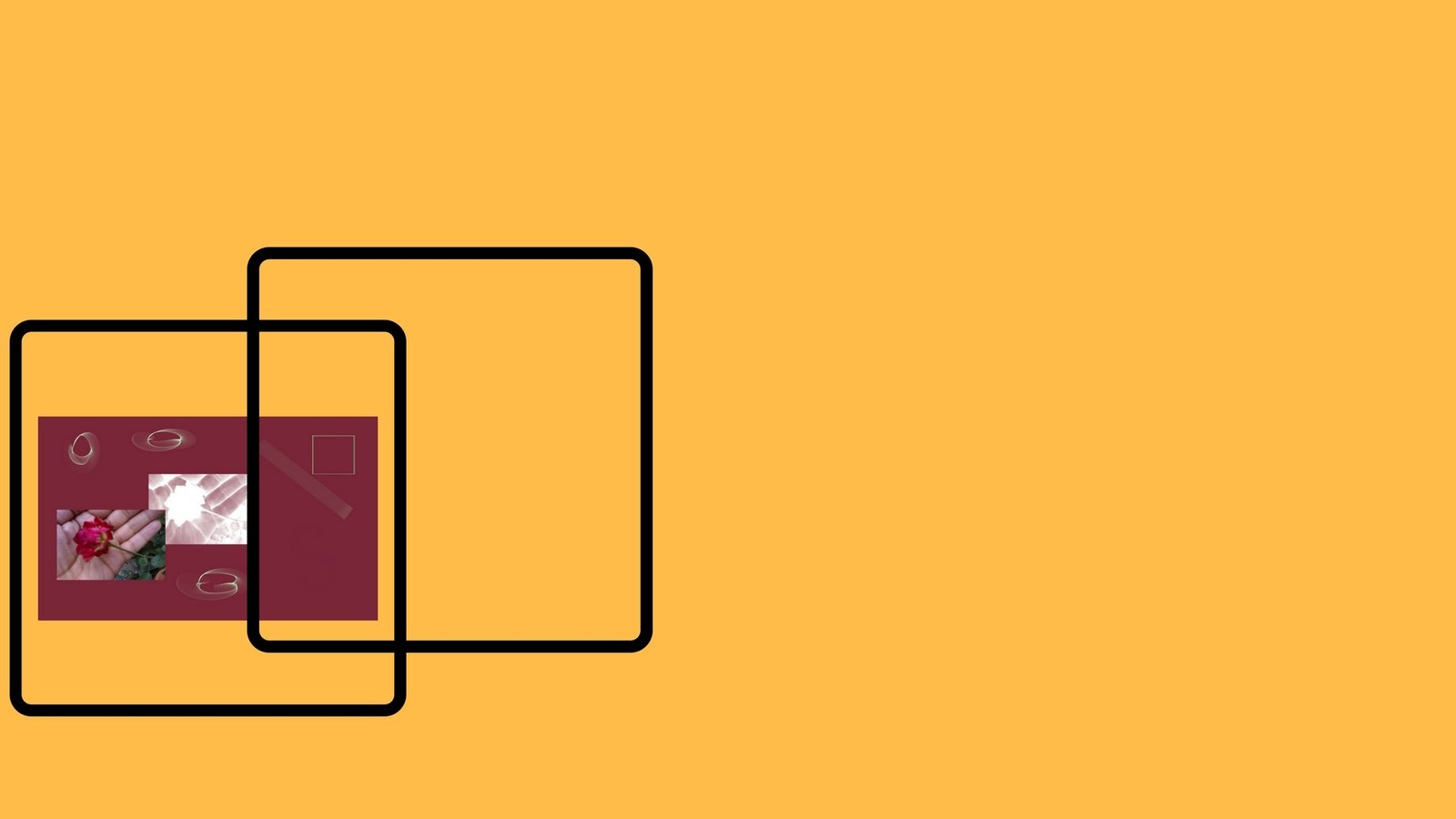The website, “The Critical Thinking Community” carries this definition of critical thinking, on one of its pages: Critical thinking is the intellectually disciplined process of actively and skillfully conceptualizing, applying, analyzing, synthesizing, and/or evaluating information gathered from, or generated by, observation, experience, reflection, reasoning, or communication, as a guide to belief and action. In its exemplary form, it is based on universal intellectual values that transcend subject matter divisions: clarity, accuracy, precision, consistency, relevance, sound evidence, good reasons, depth, breadth, and fairness. – (Italics and Bold added for emphasis)
A little further down, the same page carries these sobering words of warning: When grounded in selfish motives, it is often manifested in the skillful manipulation of ideas in service of one’s own, or one’s groups’, vested interest. As such it is typically intellectually flawed, however pragmatically successful it might be. – (Italics and Bold added for emphasis)

An understanding of the real-world misapplication of critical thinking skills shows us why a great tool and skill like critical thinking succeeds only as-far-as the one using it! As is evident from the above quoted 2 paragraphs, this is an admission made by the proponents of critical thinking themselves. This is an honest admission.
Experience
How experience relates to critical thinking?
The first ‘italicized and linked’ word from paragraph 1 is ‘experience’. It should already be evident that critical thinking cannot be free from subjectivity, nor should it be meant to be in the human realm of activities. There is a fundamental misconception that seems to have entered the human thinking that, imitating machines and being like them is the ultimate in human use of thinking faculties. There surely would be times when, such could be the case, but not the usual way of thinking and interacting with others, and certainly not as a habit.
Experience is entirely personal, and so is the effect of that experience on an individual. Two individuals in a similar environment “contextualize matter differently on the inside”; hence experience differently. The way that experience later assists the conscious or sub-conscious processes on interpreting situations, information, relationships etc. is then, different from person to person.
Experiences are really understood in their particular context.
It has to be said, there are some needs, desires, and attributes that are expected as common to all humans. Those can safely be categorized away from experience because those needs and desires are working at deeper levels than experience. Or in other words, those are the common denominator of the human experience and close to irrelevant in determining what is personal and what is not. The need to breathe, the need to eat, the desire for rest are examples of such very fundamental similarities among humans. Affecting individuals at these levels is the real, physical torture!
One cannot stop a human from letting his or her experience affect critical thinking, or the conclusions therefrom. To do so would be, to take away a God-given freedom from that individual. If the Creator of humans lets a human experience something, He must also consider that experience as one that particular human can. It would be unjust to let another person experience what he can neither understand, nor endure. The experiences that embitter humans toward God would also rightly be judged by the Creator Himself, not by me or you or someone else.
Human society has certainly not reached a point when, individual experiences and the resulting perspectives can all be included in one united, tolerant whole. Rather, we see today, despite the existence of nearly limitless and diverse information, humans eventually become a part of a certain stream of information. This is the experience, personal and communal.
Reasoning
How reasoning relates to critical thinking?
The second italicized word from paragraph 1 is our ‘reasoning’. The reasoning is again, a very personalized process. Efforts to standardize reasoning even on the level of small communities are met by many challenges today. The diversity and volume of influencing information over the Internet is the single biggest factor. There are simple examples to see this in action.
In one family, 4 members – father, mother, elder son and younger daughter – sit together and watch a program. They are all different from one another. They all look at the son-character who speaks disrespectfully to the father, in that episode. After watching the program, each family member reasons differently, using their subjective reasoning abilities of critical thinking. The father thinks it is a bad influence on the children; the mother thinks of how her son would grow up to be; the son understands it as a somewhat common behavior among the peers he has; the daughter hopes that her elder brother does not behave the same way with their father.
Can the reasoning process truly be standardized?
Who is right, and who is wrong? Can there be a standardized way of reasoning on matters like family? Even if there is a possible standardization, it is affected by ultimate objectives and emotions of the subject. Very specific factors and information could even alter the conclusions of each family member, but there cannot be an absolutely standardized method of reasoning. Yes, the common objective to maintain family unity can overrule differences in reasoning and critical thinking, for the sake of peace, at least in this example.
The only way to bring some kind of standardization to the reasoning process is, to simplify it and bind it with an objective. This is what Mr. Donald Trump has done before the American people, this is what Nigel Farage has done with his “Brexit-inducing rhetoric”, and this is what seems to be happening in France, Austria, Germany, and Holland. The factors leading to the rise in political and religious extremism are varied and complex, but the resulting narrative that seems to be convincing major sections of the population is much simpler. With the ascent of frustration, simplistic statements of desired conclusions appeal to reason much deeper and faster than nuance.
Intellect as a tool
How the intellect relates to critical thinking?
The ‘intellect’ is a wonderful tool available to humans, for those who wish to use it. We all use it to varying extents, but we never seem to be able to totally break free from the tendency to be stuck with some objective or motive. In order to completely break free from objective or motive, a person would also have to break free from desires of and connections with the world, its people, and its affairs. This, some consider, is the true meaning of “enlightenment” – an honesty and fearlessness, unencumbered by any attachments.
There is wisdom in the belief that, one should train himself to follow ideas, not people. The true existence of the institution also should rest on the ideas it is founded on.
However, to assume the supremacy of the intellect over all other human faculties and abilities would be wrong. To consider intellect as the ultimate tool would also be a mistaken view. The isolated emphasis on the intellect has no doubt coincided with a basic dissatisfaction with the way human errors show themselves when the intellect was not employed where it should have been. When the U.S.A decided to invade Iraq at the start of the Gulf-War, hindsight shows how objectives, ideas, and impatience distort critical thought.
There is also much encouragement toward the use of the intellect as humans started to devote the mind to the physical sciences and development of machines. Those sciences and machines have made human life so much more comfortable, but idolizing the same has degraded human relationships. The very relationships that develop with the richness of feelings are complicated by the same. When a relationship is absolutely devoid of feeling, it might be efficient, but it reduces to nothing more than a “trading of self-interests”.
The efficiency of the intellect when it is functioning without hindrances is truly something to marvel at. Do we want the human intellect to be absolutely unhindered? Some do believe it to be so. Why not use human embryonic stem cells, or why not continue projects like MK Ultra? The people who advocate no restraints consider religious laws and ethical concerns as examples of such restrictions. IF those restrictions are completely removed, then there is absolutely no way to check with authority what and how humans pursue any matter!


The greater question of purpose
Humans cannot successfully pursue a matter without purpose. To absolutely abandon belief in purpose is, to give up the spirit that tries. What does a person remind himself of when there are utter disappointment and multitude of failures? Is it not the purpose! Without a purpose, there is no sense of hope and no point in trying. At that point, a human has sunk to a lower level of existence; not even animal really, for even a predator aims to kill and feed itself.
Critical thinking has grown, and peoples’ faith in its value has grown. But disappointed masses see it primarily as an instrument of bringing intellectual destruction to people, ideologies, and institutions that have caused them personal harm. In so employing critical thinking, they turn into cynics and embittered souls. They have understood their power to deconstruct ideas and beliefs, but they have not contemplated the consequences. More importantly, people are investing their powers solely to bring a breakdown of governments, religions, healthcare providers, communities, and belief-systems. But they are not investing the same power to build viable replacements. Those people are investing powers to destroy what they have not created, and are absolutely incapable of providing suitable alternatives for the sustainable functioning of human life on earth.
The flaw and bias of such employment of critical thinking are easily seen from a little contemplation over the consequent future! Do you constructively and thoughtfully contemplate what the future could be, should be, and if you personally have a role to play in it? IF not only for yourself, it is time now to think of the generations that are to make life on this very earth!

